“The goal of antiracism isn’t to “erase” color differences but to detach harmful ideas
about race and racial groups from the colors we see.”
-Dr. Ibram X. Kendi
We left Boston behind, but the excitement of sharing all the new things we learne
during our four days at the AMS conference is still fresh on our minds and inspiring.
This was, for sure, an experience of a lifetime that Hilltop, as a community of educators,
benefited from.
Being immersed in an ocean of Montessorians eager to continue learning about Maria
Montessori’s legacy reminded me why I do what I do. But it was also wonderful to know
that AMS, as an institution, has embarked on implementing equity, anti-bias, and
anti-racism into its Montessori philosophy and practices. “We are already doing that at
Hilltop!” I said to myself. It didn’t come from a place of arrogance or just checking a box,
but from a place of self-reflection after witnessing so many instances that show this
change and direction at Hilltop. Seeing and hearing people talk about equity, anti-bias,
and anti-racism with curiosity, knowledge, and even doubts reassured me that this work
is providing us, as a community of educators, a lens through which essential
transformation can continue to happen.
I felt brave, and in the multiple workshops I attended, I shared my experiences as
Hilltop’s EJI Director. One of the main questions that impacted me the most was, “How
did your school get to have an EJI director as a position”? I responded: “With fear,
doubts, patience, and commitment.” I felt rewarded at the end, walking down the long
hallways, knowing that all these years of hard work and challenging decisions allowed
me to provide examples of why this work matters and how we, as a small institution,
decided to embrace and embark on this journey.
The Montessori Peace Curriculum is a critical component of the Montessori pedagogy,
but it is time to acknowledge that peace is no longer enough. The Montessori Peace
Curriculum must embrace an equity approach to deeply transform a system that has
both excluded some and privileged others. The minute I jumped on the bus and found
my seat on our way back to Brattleboro, I started asking myself, “what was the
workshop that fulfilled me the most?” I thought and thought, but it was hard to separate
each of them from the feeling of my whole experience. Then I asked myself one more
question: what can I do next?
Yupaichany / Gracias / Thank you!
Marco Yunga Tacuri


